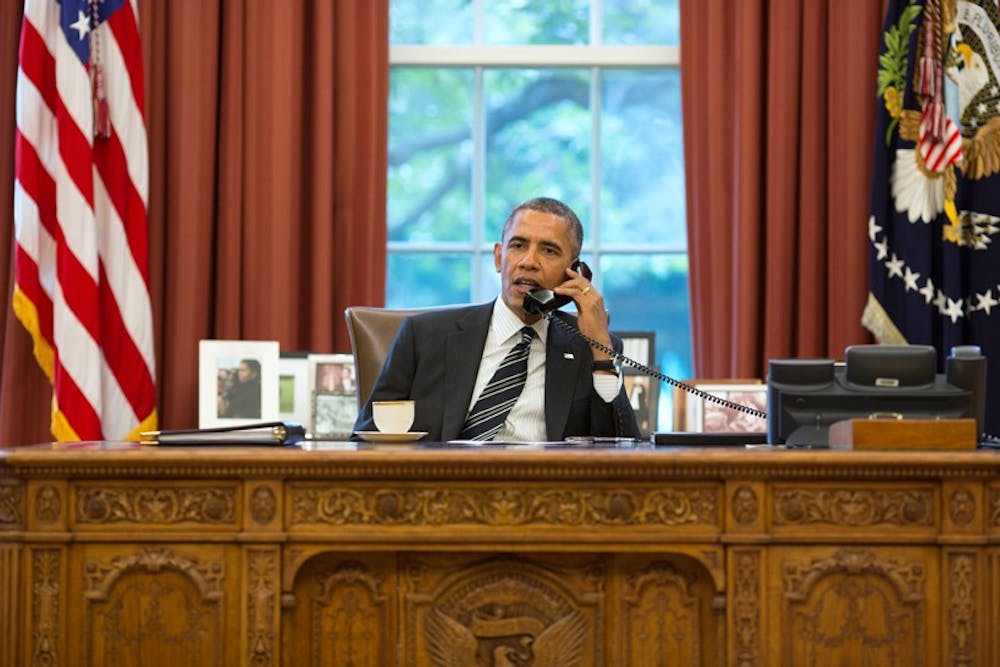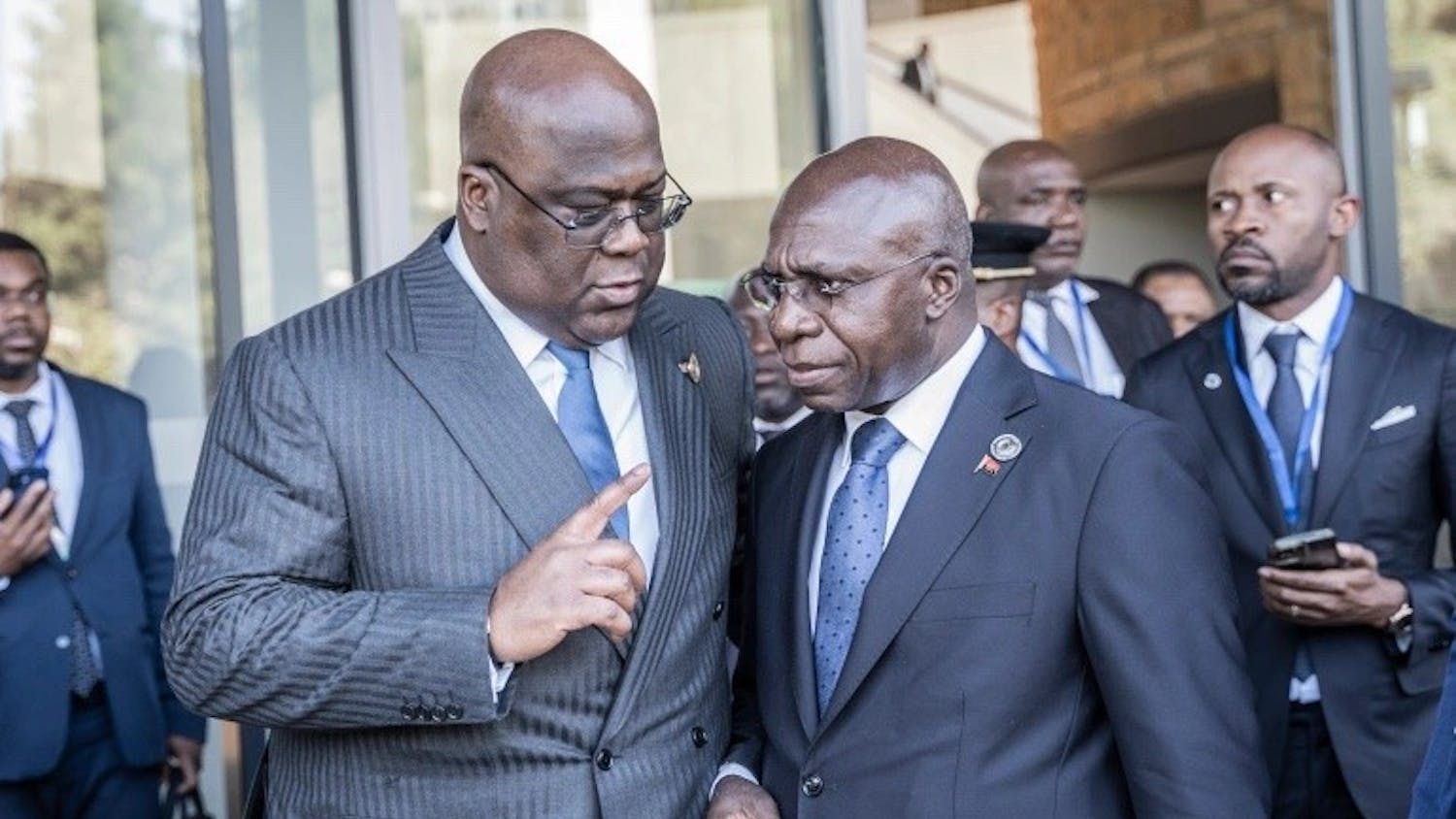By Joe Friedrichsen | Echo
Under the cover of diplomatic darkness, Iran continues to confound the West with its mysterious and controversial nuclear program. Following the U.S. diplomatic break with Iran in 1980, the U.S. intelligence community often made worst-case scenario assumptions about Iran's intentions due to the absence of communication and lack of understanding of their motivations.
Limited contact with Iran continues to make it difficult for Washington to discern Iran's strategic objectives, even 34 years later. Are they driven more by religious ideology or practical state interests? Is Iran committed to becoming a regional power at U.S. expense? Or is Iranian leadership, under the right conditions, willing to cooperate with the United States on key international issues, such as ISIL and its nuclear program? U.S. intelligence analysts look at these sorts of questions when trying to discern Iran's policy goals and overall intentions.
U.S. intelligence tracks Iran's foreign relations, social and economic conditions and developments in the energy sector. Current analysis of intelligence is based on information from international institutions, allies with embassies in Tehran and independent academics and journalists who engage with a wide variety of Iranians during travel there. Assumptions about Iranian strategic objectives are made from intelligence analysis in the form of estimates or documents that are the authoritative assessments of the director of national intelligence.
However, limited access to Iran impedes the accuracy of intelligence estimates. Ellen Laipson, who worked on Iran and other Middle East issues on the National Security Council, points out that U.S. assessments occasionally conflict with allies' estimates and the findings of the International Atomic Energy Agency (IAEA), which has refrained from making a conclusive judgment about whether Iran is developing a nuclear weapons program.
As of 2007, according to unclassified judgments of a national intelligence estimate released by the U.S. government, Iran was not believed to have a nuclear weapon. The document confidently stated Tehran was keeping the option open to developing nuclear weapons. The estimate also concluded with high confidence that Iran halted its nuclear weapons program in the fall of 2003 primarily due to international pressure.
The annual threat assessment by the director of national intelligenceto Congress in early 2010 took a more stern tone. In contrast to the 2007 estimate, the assessment judged that Iran is keeping the option open to develop nuclear weapons by developing various nuclear capabilities. Another point stated Iran's nuclear program could prompt other countries in the Middle East to pursue nuclear options.
The change of tone in just three years indicates insufficient knowledge-contributing to the shift in analysis of Iran's nuclear intentions. The range of knowledge between the empirical evidence of Iran's current nuclear activities, and the strategic assessments about its long-term intentions-some well-documented, some speculative-has created uncertainty about what is known about Iran's nuclear program.
Due to the long-standing lack of access to Iran, it is unlikely U.S. policymakers have the information they need to properly address Iran should it be a threat, or in continuing nuclear negotiations with them. For this reason, the U.S. ought to renew diplomatic relations with Iran so it can seek a deeper understanding of Iran's leadership and its nuclear program.
Renewing diplomatic relations would be advantageous for the U.S., because it would grant access to diplomats, the military and civil society groups in Iran. As Laipson argues, in order to have communication and trust, you must first build relationships.
If Washington eschews relations with Iran, U.S. intelligence analysis about Iran's nuclear program will continue to be of lesser value than it could be if the U.S. had direct access to Iranian contacts. But until relations are officially reestablished, one can only hope that the latest round of nuclear negotiations with Iran will produce a deal that satisfies both sides.





